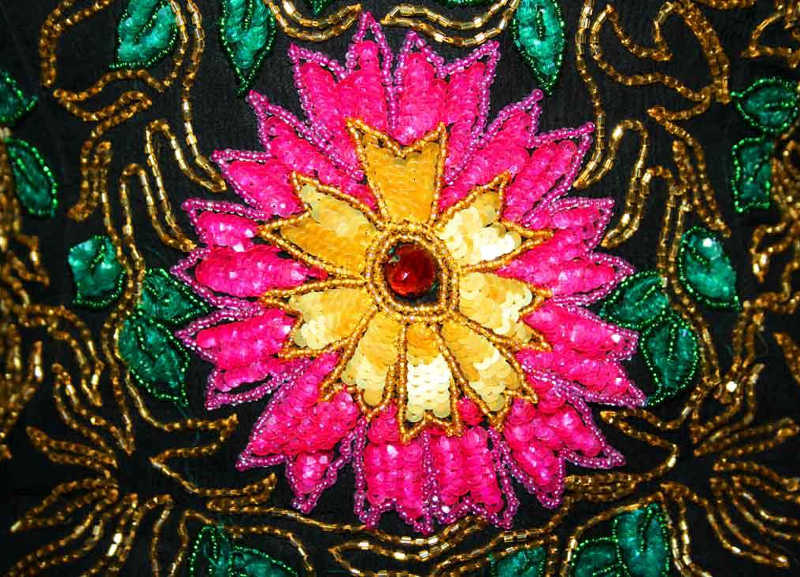===
0696,
5
===

=== |
 |
chalā ānā : 'To come on or down, to continue (from some past time), to be handed down'. (Platts p.438)
yūñ hī : 'In this very manner, exactly thus; —without any apparent cause or reason, causelessly, &c. (i.q. yūñ , q.v.); by chance, accidently; —cursorily, easily'. (Platts p.1253)
FWP:
SETS == BHI; MULTIVALENT WORDS; NEIGHBORS
MOTIFS == LIFE/DEATH; TAMASHA
NAMES
TERMSWho is the speaker? SRF takes it to be Mir himself, who notes (grimly? bitterly? indifferently? cheerfully?) that he himself-- or 'Mir-ji', as he sarcastically refers to his persona-- in his show of (mad?) cheerfulness used to be quite a star attraction. Alternatively, the speaker could be a neighbor, since 'Mir-ji' with its tone of mixed respect and friendliness is exactly how his neighbors address him and speak of him: a group of neighbors could be discussing their former enjoyment of his company.
On either reading, 'Mir-ji' used to offer (until yesterday) a show, a sort of cheerful 'spectacle', to the world in general. He habitually smiled or laughed, and/or his visitors came away smiling or laughing from his presence. Did he entertain them with his mordant wit? Was he cheerful and friendly, making light of his tribulations? Was he so naively, helplessly in love that they couldn't help but laugh? Did he persuade them that he wasn't sick at all, or that he was on the mend, or that his sickness was funny? Did his madness take wild, semi-hysterical forms?
Moreover, Mir-ji provided this show, or his neighbors came away afterwards, yūñ hī , with its multivalent range from 'in this way' through 'casually, by happenstance' to 'cursorily, easily'; for more on these idiomatic possibilities see {120,2}.
Then, the little kal tak , at first so inconspicuous, proves its centrality. It alone suggests, with a finality all the more absolute for appearing so offhand, that 'yesterday' Mir felt the imminence of death, or else actually died. Whether his previous (show of) good cheer was based on his ignoring the possibility of death, or on his gallantly (or madly) laughing in the face of it, everything was shut down 'yesterday'.
It's also worth noting that Mir's life-- and his death as well-- was not exactly a spectacle, but 'something like' [sā] a spectacle. What were the similarities, and what were the differences? It's left to us to decide.
In addition, the bhī can be taken as either 'even' (not only Mir's life was a show, but even his death was-- highlighting the contrast), or 'also' (Mir's life was a show, and so was his death-- highlighting the similarity).
Note for grammar fans: The ve is of course a markedly plural form of the usual vuh . It is here used idiomatically to mean something like 'such'.